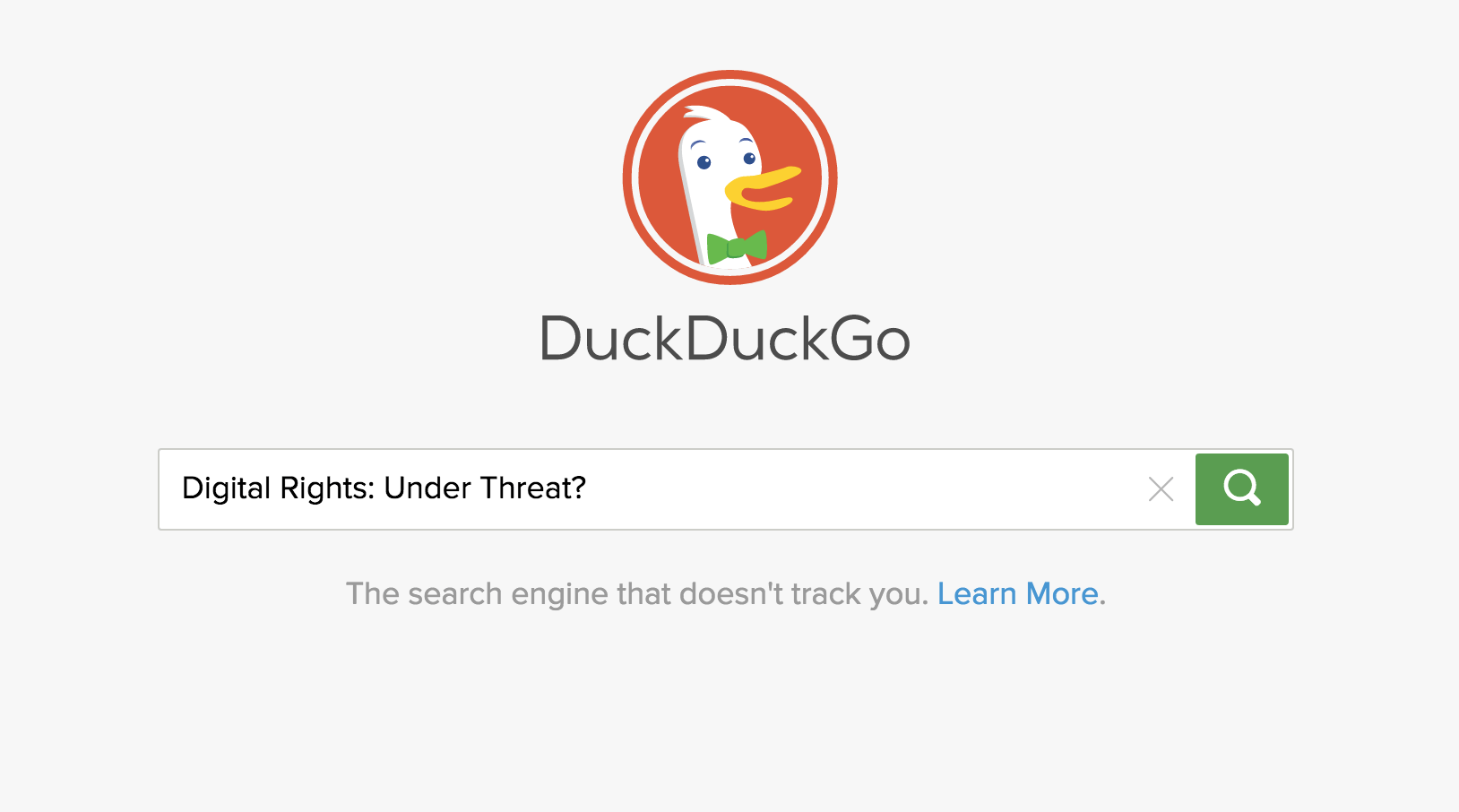
Digital Rights: Under Threat?
Random Article
Digital Rights: Under Threat?
In the wake of the general election and the shock Conservative majority win, many have been speculating over what may come through in this five year parliament without a coalition agreement. One of the things that has immediately come back is Home Secretary, Theresa May’s Draft Communications Bill, which has been nicknamed the Snooper’s Charter.

What does the Bill entail?
The bill would require internet service providers, ISPs, companies like BT and Virgin, to keep a record of internet browsing activities. This would mean each time you log on to social media, emails, voice calls, messaging, even gaming, a record would be kept for around 12 months.
The record would not include the content of each email or call, for example, but would be more of a record of facts – you logged on to facebook on this day, for this many minutes. Some of this kind of data is already retained under the Data Retention Regulations 2014. The estimated cost of putting this into place is £1.8 billion.
Why hasn’t this happened yet?
Theresa May intended the draft bill to be law by 2014, but Nick Clegg withdrew support for it in 2013, and it couldn’t get through.
Why do they need the data?
May and the Home Office say that they need the data to investigate serious crime. She said that police in one year had made requests for data in 30,000 cases and in around 25-40% of those cases, the data had resulted in lives being saved.
May said in a BBC interview: “David Cameron has already said, and I’ve said, that a Conservative government would be giving the security agencies and law enforcement agencies the powers that they need to ensure they’re keeping up to date as people communicate with communications data.”
The Conservative Manifesto said: “Our new communications data legislation will strengthen our ability to disrupt terrorist plots, criminal networks and organised child grooming gangs, even as technology develops. We will maintain the ability of the authorities to intercept the content of suspects’ communications, while continuing to strengthen oversight of the use of these powers.”
Why does it matter?
Several organisations, such as Open Rights Group and Liberty, have expressed discomfort with the idea of government having access to the data of millions of ordinary citizens. It is seen as a right handed over in the name of our protection, but a liberty lost. There are those who argue that law-abiding citizens have nothing to fear, but should they have to give up privacy to prove that?
What do other people think?
YouGov carried out a survey which showed that 71% of people didn’t believe the data would be kept secure in the 12 months it was retained. Half of people said that the proposal was not good value for money. Jimmy Wales, founder of Wikipedia, has said he is most concerned about the safety of data, given some relatively small companies will have to do the same thing as those with resources. Tim Berners-Lee, who is credited with creating the internet, said he is worried about the scope of powers these bills give governments.
A similar bill was on the table way back in 2008, when Gordon Brown had a sizeable 66 majority. With tension between the right and the centre in the Conservative party, Cameron’s majority of 12 could be too small to threaten digital liberties this time.



Comments
Take part in the discussion
Discussion about Digital Rights: Under Threat? article, if you have any questions, comments or thoughts then get leave a reply.